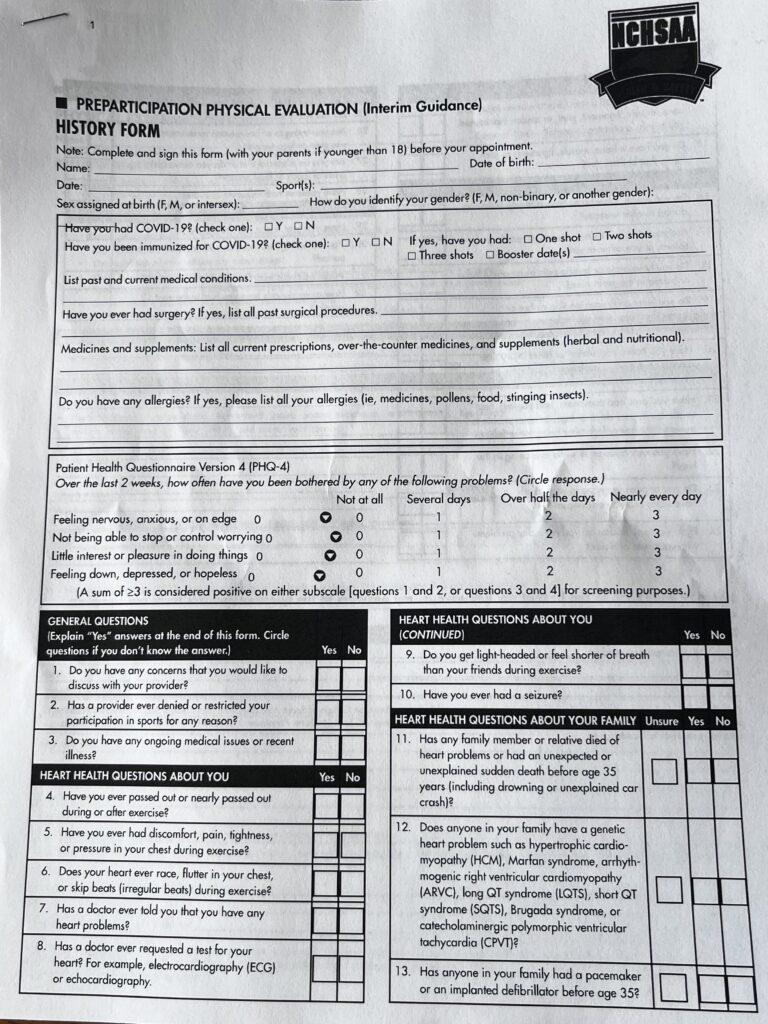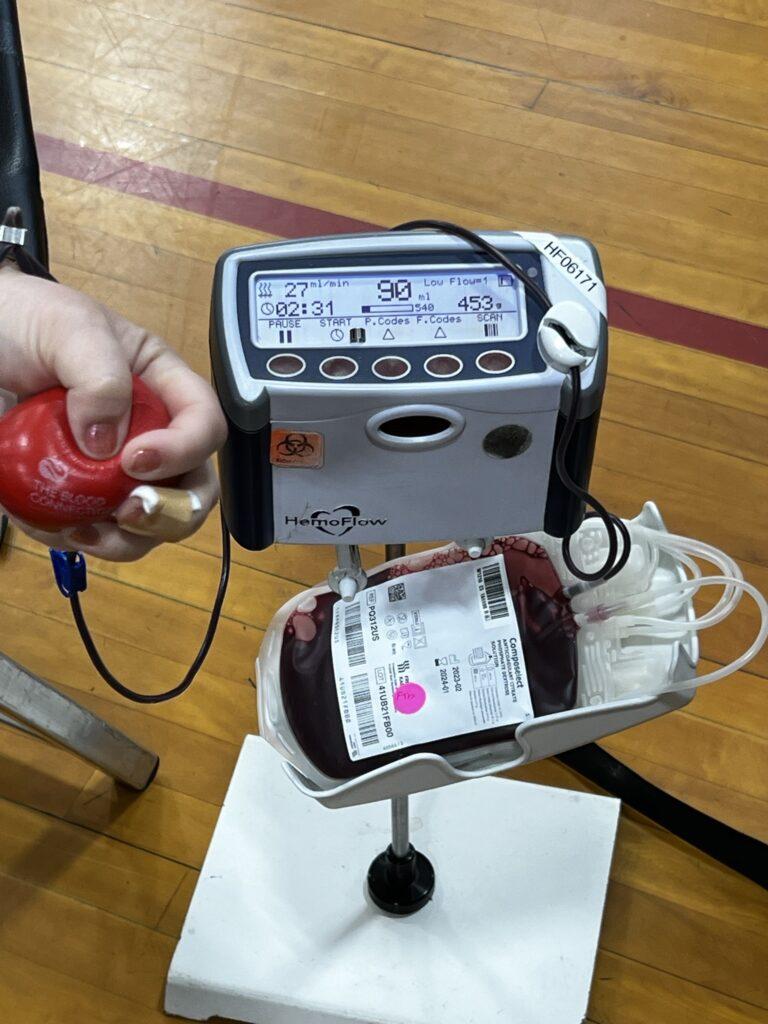A student trudged into his home after a long afternoon of tedious cashiering at the local grocery store. He opened his backpack, pulled out his chemistry homework and glanced at the clock as it struck midnight. The next day at school, he struggled to stay awake as his teacher went over the homework for which he had sacrificed his sleep.
Many people say that to truly appreciate something you must work for it. This may be true, but studies show that students who work during the school year may have adverse effects on their grades, and the jobs would be counter-productive in benefiting student workers. Also, there may be a link between disobedient behavior and employment during high school. Additionally, it helps form a cycle of a low-income but high-labor life for many generations.
A study that monitored youth workers from 1979-2000 called National Student Labor Year suggests that students who work for more than 20 hours a week are less than half as likely to move on to further education past high school as those who work fewer than 20 hours. Additionally, by lowering their academic aspirations, they are much more likely to remain in a low paying job with large numbers of hours.
Then when the students become adults and have their own families, if they still have a low-paying job, then their children are more likely to dropout, have poor grades and work more hours. The co-author and Boston University professor Lisa Dodsen states the effects of this cycle: “When parents have to accommodate whatever demands employers make, it means their children do, too. Millions of working parents have job schedules that keep them from being home for homework, dinner-time talk and bed-time rituals.”
When the child is raised in such an environment, he or she is more likely to work large hours while in school and the cycle continues.
Counselor Lea Putnam has seen the effects of an overworked student firsthand. “When I have had meetings with parents about their student’s grades falling in a class, I often find out that the student is working more than 20 hours,” Putnam said. “I believe that a balance of work and school can help to teach responsibility and time management, but too much can have negative consequences.”
Additionally, the students who work more than 20 hours are more likely to have disobedient behavior and to exhibit deviant tendencies. Researchers believe that stress and sleep deprivation largely contribute to this problem. The combination of eight hours of school, work and homework are simply too much in too little time.
Even if the student manages to juggle these commitments it leaves virtually no time for extracurricular activities, which help students with college admission, scholarships and leadership skills.
By Austin Woodard, Feature Writer













